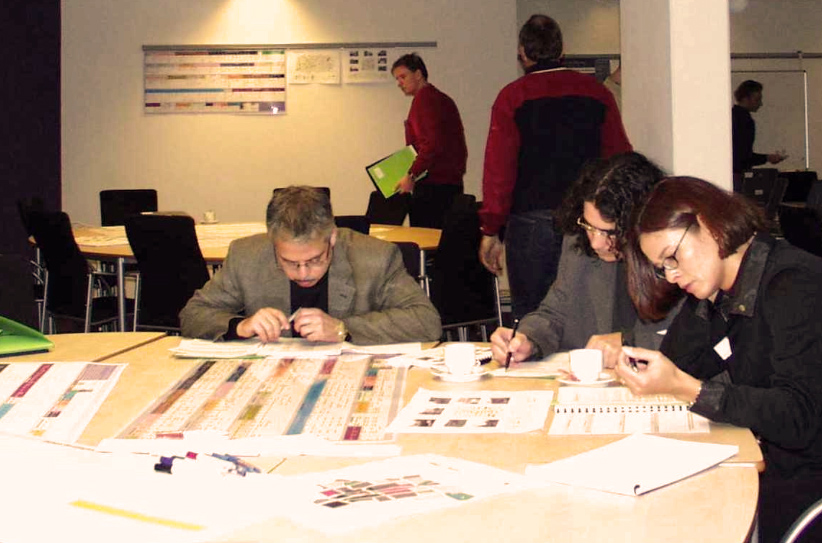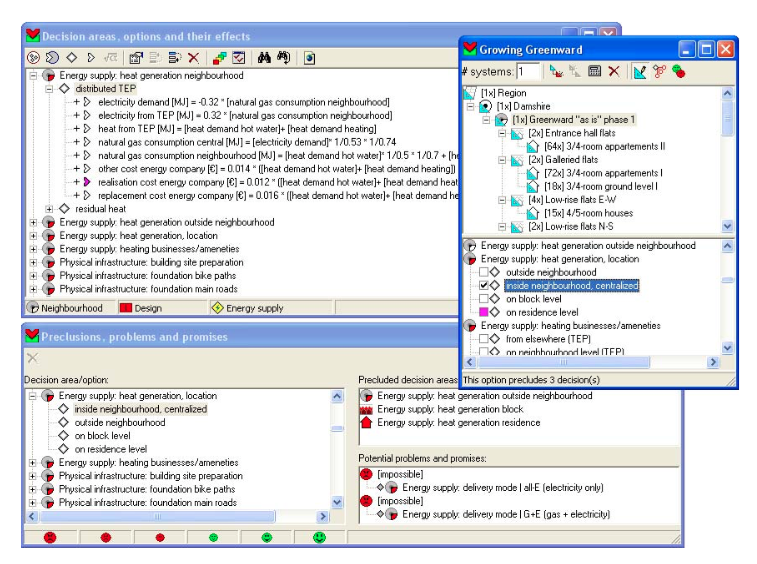Games for Cities
The DuBes Game (2007)
Delft [NL]
Developed by:
Decision-making game for sustainable development that tests the combination of a role-play simulation game supported by a digital decision-making support tool.

The DUBES Game was created to support decision-making for sustainable urban renewal and development (DUBES is an acronym for Sustainable Decision-Making, which in Dutch is DUurzaam BESlissen). Initiated by researchers at TU Delft, the ambition grew from the recognized complexity of integrating stakeholder knowledge, perception and action in sustainable urban development projects. The game was designed in order to support the existing MEDIA software, a decision-making tool.
Gameplay takes place around setting plans for either a real renewal project or a fictional neighborhood. The game consists of two sessions. First, stakeholders collaboratively devise an agenda for decision-making and lay out themes and topic areas that could support project development with the support of MEDIA. In the second session, decisions are made as players define a program for sustainable urban renewal. Aspects such as the environment, quality of life and feasibility are considered during decision-making workshops. Entering decisions into MEDIA, the program computes additional information to provide insight into consequences, effects and consistency.
When tested, the game was found to successfully facilitate setting action plans and establishing shared understanding of potential problems and solutions pertaining to sustainable urban renewal. The game does support its cause and is able to efficiently condense learning processes, but struggles to deliver a significant level of real-world planning impact. To do so, creators foresee the game developing and turning down the path of consultancy in future stages.
